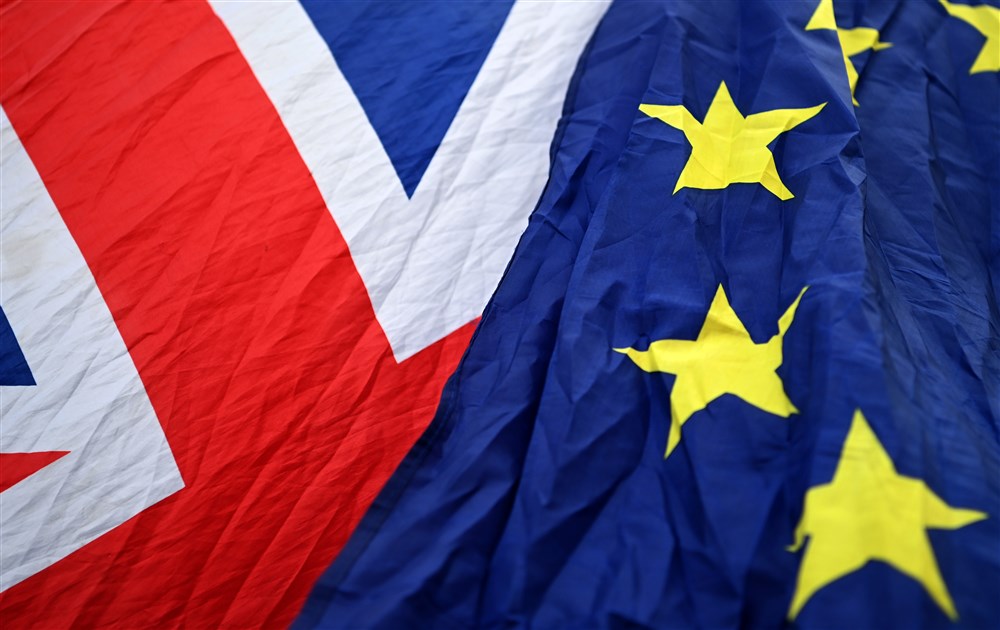The post-Brexit British car industry received a welcome boost after the UK saw off rival Spain as the location of choice for Indian giant Tata Group’s new multi-billion pound electric-vehicle battery plant.
The £4 billion investment by the multinational conglomerate, owner of marques including Jaguar Land Rover, will supply its own battery-electric models such as Range Rover, Discovery and the other Jaguar models. It will also provide the potential to satisfy the needs of electric vehicle (EV) manufacturers in both the UK and European Union.
In welcoming announcement of the new plant, Mikes Hawes, Chief Executive of the Society of Motor Manufacturers and Traders, said: “It comes at a critical moment, with the global industry transitioning at pace to electrification, producing batteries in the UK is essential if we are to anchor wider vehicle production here for the long term.
But he urged further action to capitalise on the windfall, adding: “We must now build on this by promoting the UK’s strengths overseas, ensuring we stay competitive amid fierce global pressures and do more to scale up our EV supply chain.”
The battery production plant will help UK carmakers meet new EU trade rules that require them to source at least 45 per cent of EV components from the UK or elsewhere in Europe if they are to avoid tariffs on UK-EU trade coming in from 2024.
Next year, such vehicles failing to meet that threshold will be hit with a 10 per cent tariff when traded between the EU and the UK.
Currently, the UK and Europe do not produce enough EV batteries on their own to meet production demand and rely on importing them from Asia, many countries of which do not meet rules of so-called “origin criteria”.
According to figures from the European Automobile Manufacturers’ Association (ACEA), of the EU’s total imports of EVs last year, 47 per cent were UK-made, while 62 per cent of all such vehicles exported from the UK were headed to the bloc.
The Tata announcement comes after recent warnings from UK car industry chiefs, including the boss of Stellantis, which owns the Vauxhall brand, that vehicle manufacturing factories in Britain would be forced to shut with the loss of thousands of jobs if the industry had to face tariffs.
The new Tata “gigafactory”, expected to be built in Somerset in south-west England, could bring up to 4,000 jobs to the area with more expected in the supply chain, observers say.
The plant will have a capacity of 40 gigawatt hours (Gwh), enough to supply roughly 500,000 vehicles a year, depending on the size of the batteries, and meet nearly half of the battery production predicted to be needed in the UK by 2030.
The Faraday Institution, a British energy research organisation, has projected that UK battery demand will reach more than 100Gwh by then.
Tata’s commitment comes after Britishvolt, the company at the centre of a previously proposed battery factory sited in the north-east of England, went into administration earlier this year.





